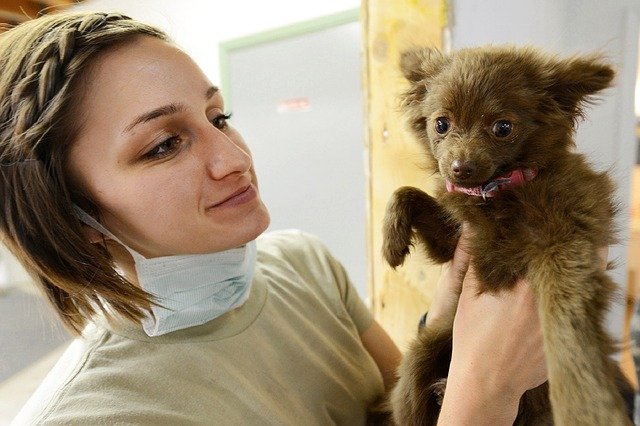
The Three Most Common Types of Animal Emergencies
When your pet is suffering, it’s time for an emergency visit to the veterinarian. Because pets cannot speak, it may take longer to diagnose what is wrong, so don’t delay and get your pet the medical attention it needs.
In order to help you provide the veterinarian with the most complete information possible, here are three of the most common pet emergencies.
1. Ingestion Issues
Some foods that are perfectly all right for humans are toxic to their pets. You’ve probably heard that chocolate is bad for dogs, but it can kill cats too—it’s the theobromine in it that makes it dangerous. Other common foods that also threaten your dog’s life are foods with the artificial sweetener xylitol, raisins, grapes and nuts. Cats should never eat raw tomatoes, raw potatoes or other root vegetables like onions—these are deadly to felines. Both dogs and cats can accidentally ingest toxic chemicals such as insecticides, rat poison, household cleaners, prescription medicine and fertilizers.
2. Trauma
Whether your dog got hit by a car or your cat got attacked by a dog, trauma is a top reason for pets to make an emergency room visit. Blunt force trauma, such as a run-in with a car, may not seem dangerous if there is no blood, but internal injuries could be severe. Bites, cuts, scrapes and more can damage skin and underlying tissues like fat and muscle, introducing infection quickly without medical attention.
3. Respiratory Distress
Coughing, choking, labored breathing and swelling of the throat all point to respiratory distress in your pet. It could mean viral or bacterial lung infections, allergic reaction to insect bites, sensitivity to medicine or vaccines, heart failure or even cancer. Take your pet to a vet immediately if you notice any difficulty breathing so the vet can evaluate immediately.
To find out if your pet should be seen by an emergency vet, take advantage of the vet’s 24 hour access emergency care and make inquiries. The veterinarian or technician on duty will be able to tell you whether you should wait and observe your pet longer or bring your pet in right away. It’s never wrong to call for advice, and if your pet’s condition ends up being serious, you’ll be glad you did.
For more information, contact our team at VETSS, a Charlottesville VA urgent care animal hospital!
